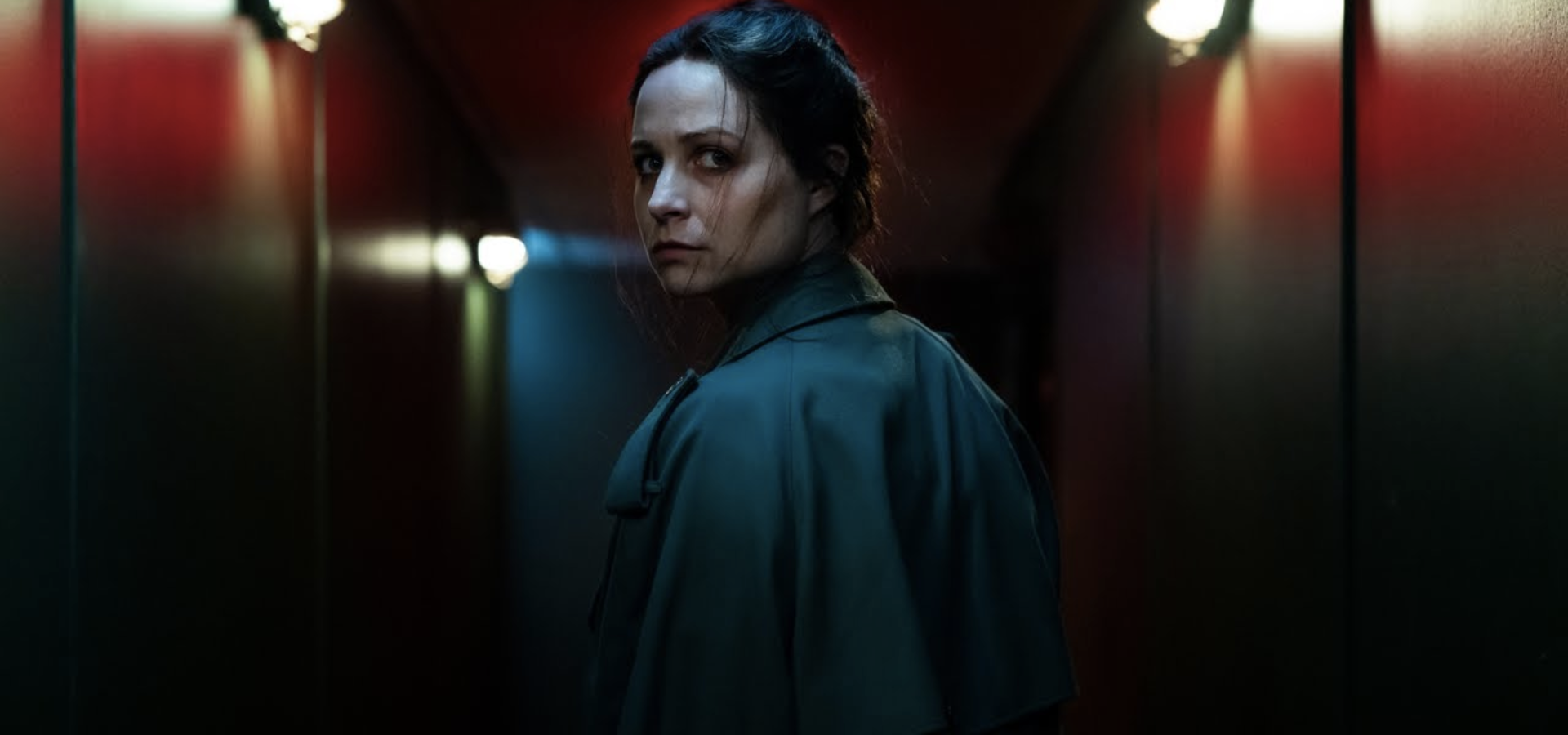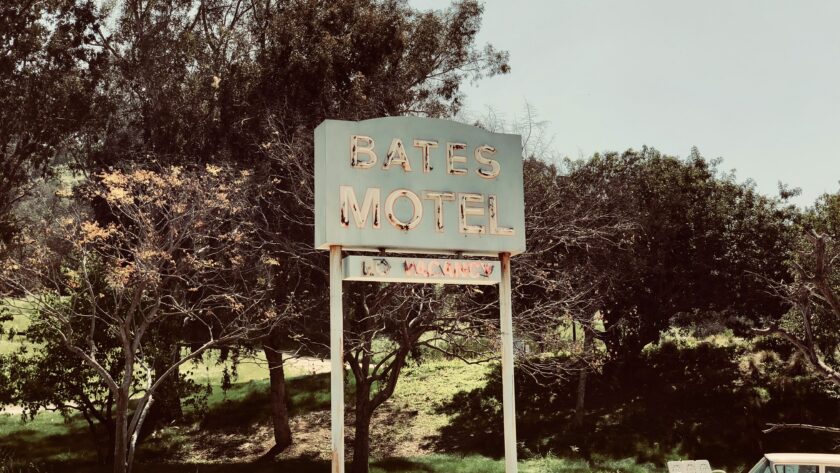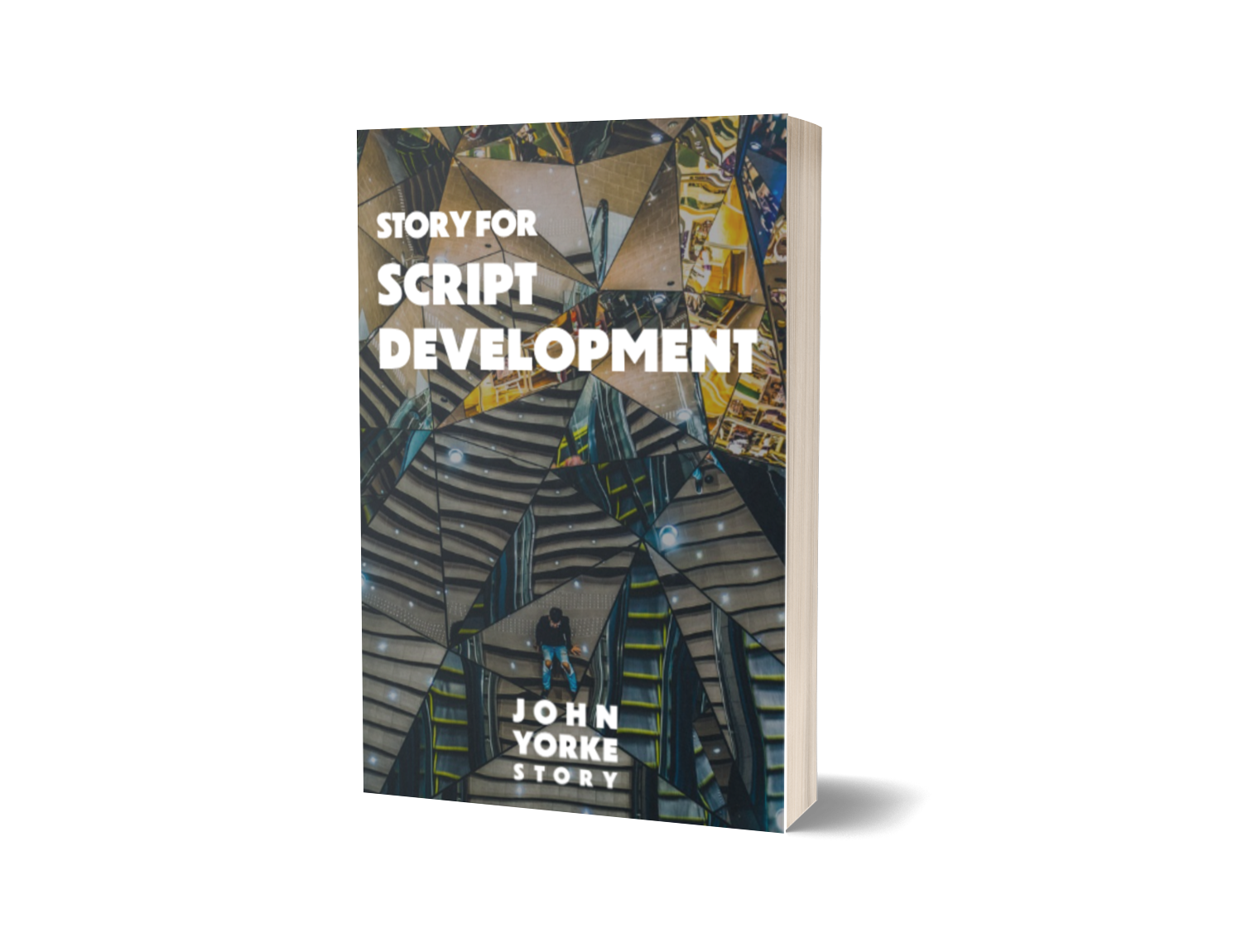Welsh writer/director Prano Bailey-Bond’s debut feature, CENSOR, a psychological horror starring Niamh Algar and backed by the BFI, Film4 and Ffilm Cymru Wales, premiered at the Sundance Film Festival 2021, opening the festival’s Midnight section.
CENSOR was awarded the Méliès d’Or (Golden Méliès) at Sitges Film Festival – the top prize for European genre films, and was nominated for 9 British Independent Film Awards including ‘Best Debut Director’ and ‘Best Debut Screenwriter’.
Prano stopped by to chat to our writing community about the making of CENSOR, sharing some brilliant insight from the initial story idea through to securing funding and development.
We developed the script with Film Wales, then we did a draft with Creative England and Film Wales, and then eventually… we were going round and pitching the film all over.
– Prano Bailey-Bond
Transcript
Prano Bailey-Bond: I had the idea for CENSOR in 2012. So a long time before we actually started writing the script. We got financed for the first draft in 2016 and then we completed the film at the end of 2020.
So that’s sort of the broad timeline, but that first sort of seed of the idea was just one of those things that you get that little thing of like, Oh, I’ve got a character in my head.It was like I was really interested in the idea of exploring the story of a film censor who was struggling in some way with their moral compass, who was thinking, ‘You know, if these things I’m watching are meant to do these terrible things to people or meant to make people do these terrible things to other people, then what stops me from being affected by that?’ And that was really kind of the first place I started with.
And then I decided the video nasty era was a great place to set this film because the video nasty era echoed what I wanted to explore in the character. The early eighties, when everybody was saying VHS horror was going to turn us all into murderers and psychopaths.
So I was kind of exploring all this and researching and talking to my co-writer, Anthony Fletcher, who I was working with on some short films, and then I, through the research, was like, Oh, I’d quite like to make a short film set during this period, but not about films. And it’s about a young boy who discovers video nasties.
So I made a short film called Nasty, that was why it wasn’t until 2016 that we kind of started to write the script because Nasty was a whole journey of its own. I wanted to get funding for that, but we didn’t get funding. So I ended up crowdfunding and then made Nasty, and it did really well.
It premiered at London Film Festival and it went to over 100 festivals and it was a great way for me to kind of explore the world and the ideas that I wanted to explore in the feature and steal the things that worked from the short and put them in the feature film. So then that whole time, me and Anthony, my co-writer, were working on a treatment for CENSOR.
And through making Nasty, I met my producer on CENSOR, Helen Jones. She saw the film and then we met and talked and there was a scheme called iFeatures that came up. That was in 2016. So we submitted to iFeatures as a team, me, Helen and Anthony, and we didn’t get onto iFeatures, but we asked for some feedback. We got down to the last, you know, however many, but didn’t get through.
We got some feedback and then we reworked the treatment and approached Film Wales. I’m Welsh, which you wouldn’t know from my accent, but you know, that’s why we could go and approach from Wales for funding and they gave us funding for that first draft and that was amazing. I think having that first person to come in or that first body to come in with some support is the kick off really.
So we developed the script with Film Wales, then we did a draft with Creative England and Film Wales, and then eventually, we were going round and pitching the film all over.
We did a kind of genre focused financing forum called Frontiers Arts, which I always, I don’t know if people are interested in genre here, but for film financing in genre, it’s great.It’s a collaboration between Cannes Film Festival and Fantasia Film Festival, and it’s basically they pick like 12 projects for each particular iteration of this event. And you go and spend like three days with financiers who love the genre and you pitch your film and get to know them and get feedback. And you know, that was great.
And then just after that, we ended up meeting with BFI and Film4 and they came on board and we developed the film further with them before getting the green light. But I’m obviously trying to be thorough, but scooting over loads.
I mean the development process with those partners was pretty gruelling. For me I’d never worked… I did one short with Film4, but the script was kind of ready to go. There wasn’t much development. So it was the first time I’d been in that kind of situation where you’re getting notes from three different bodies and being kind of grilled really.





